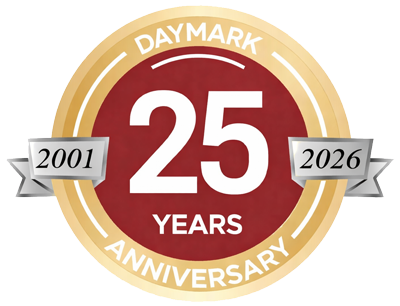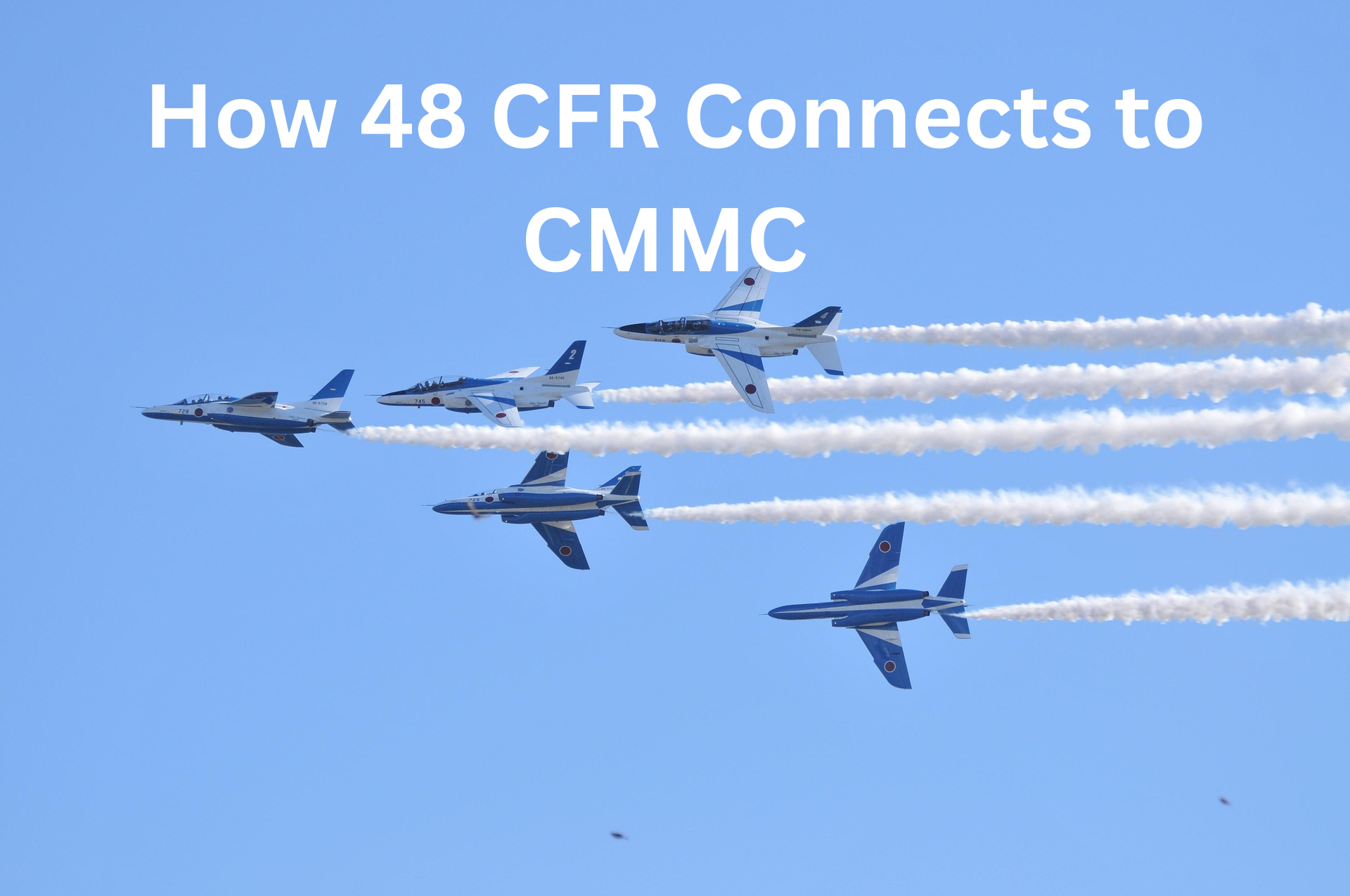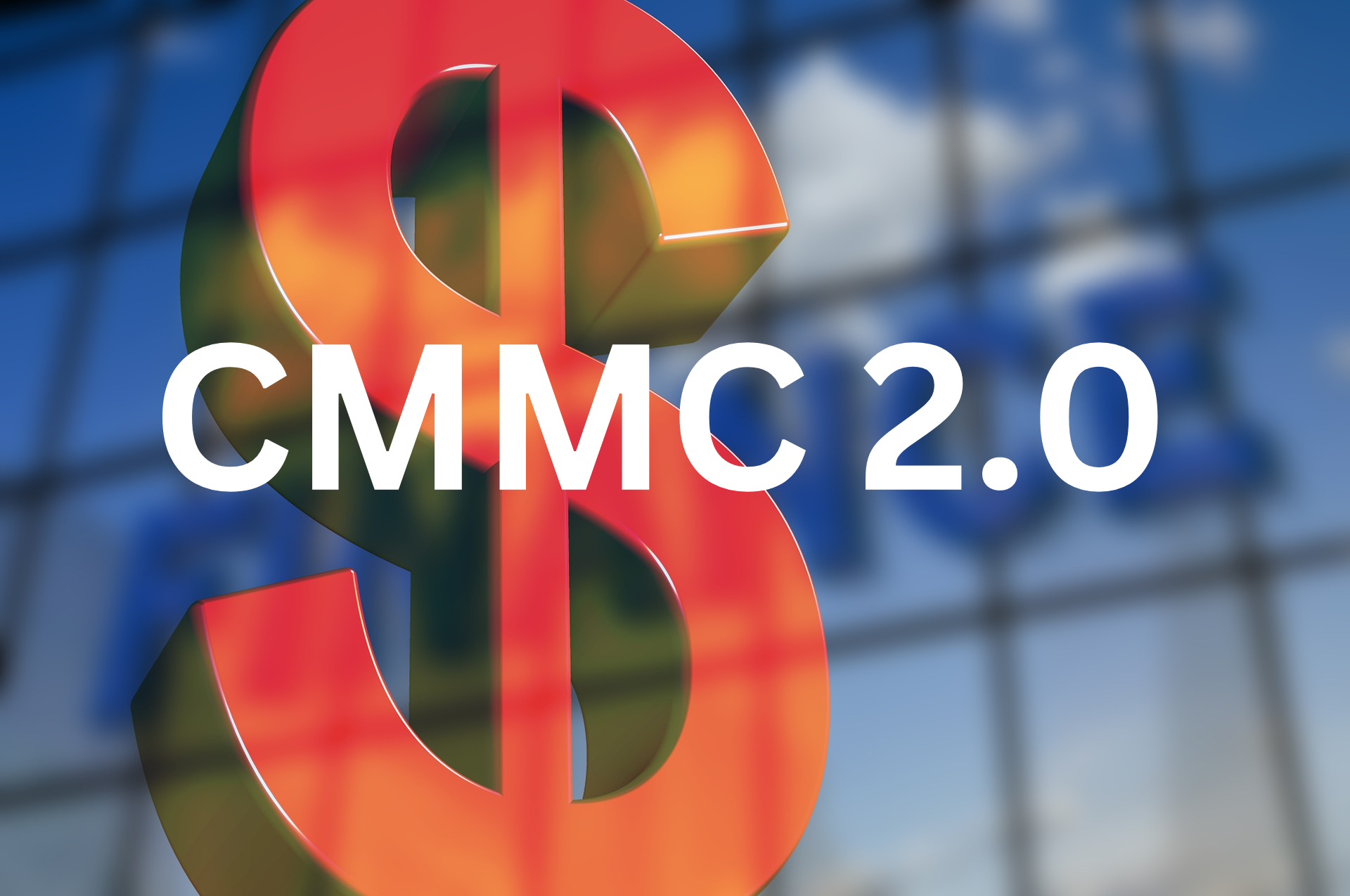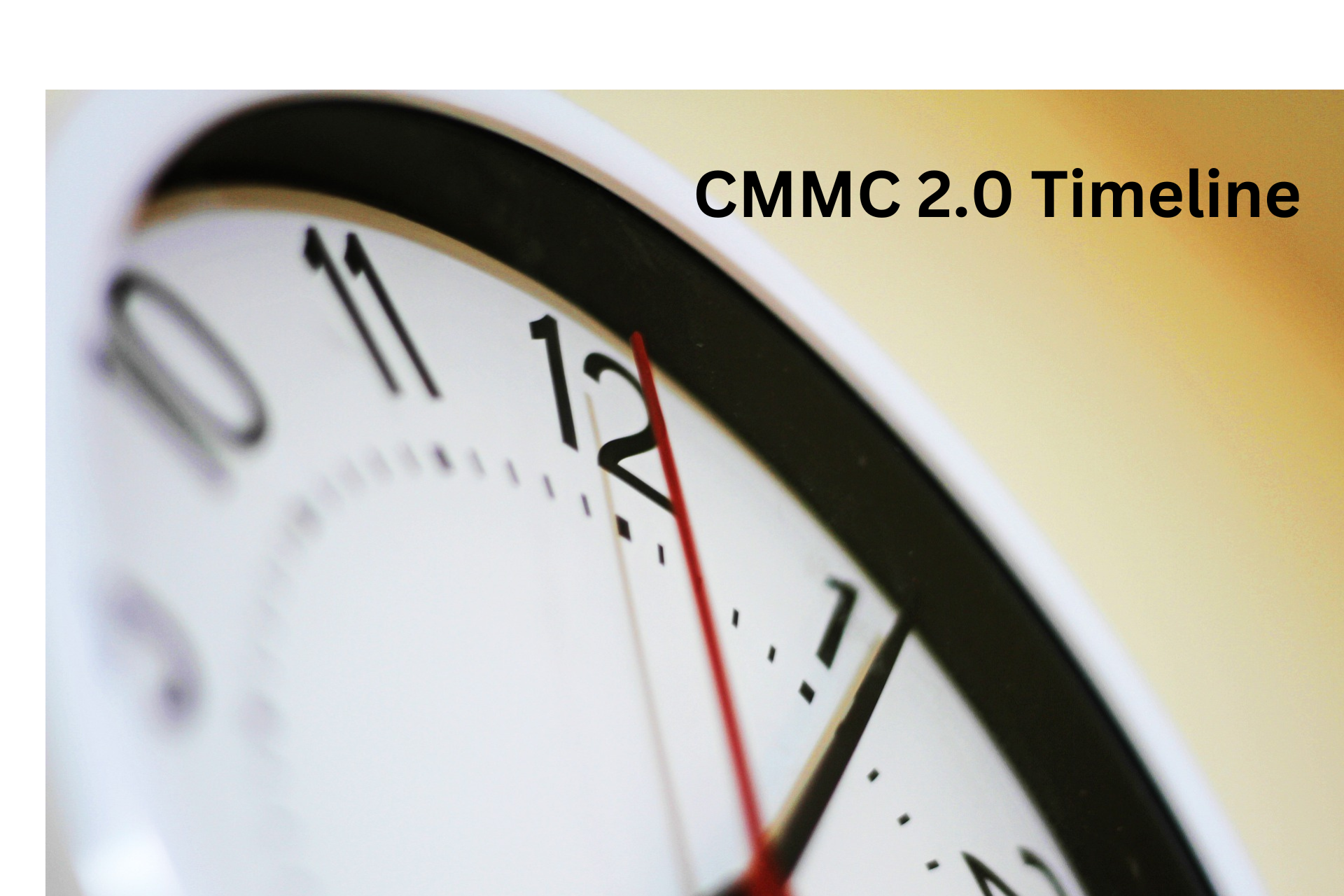Comparing Common Approaches to GCC High Migration
Introduction
Organizations that work with U.S. government contracts or handle sensitive regulated data often face tough decisions about their cloud strategy. Two common approaches for meeting requirements are migrating all users to a dedicated Microsoft GCC High tenant or creating a secure enclave and migrating only select users. This blog post explores the differences between these two strategies, highlighting the pros and cons of each so you can make an informed decision for your organization.
What Is GCC High?
Microsoft GCC High (Government Community Cloud High) is a dedicated cloud environment designed specifically for U.S. government agencies and contractors that must comply with strict regulatory standards, such as FedRAMP High, ITAR, and DFARS when handling controlled unclassified information (CUI). GCC High provides enhanced controls, data residency in the continental United States, and a dedicated infrastructure that separates government data from commercial environments.



.png)









